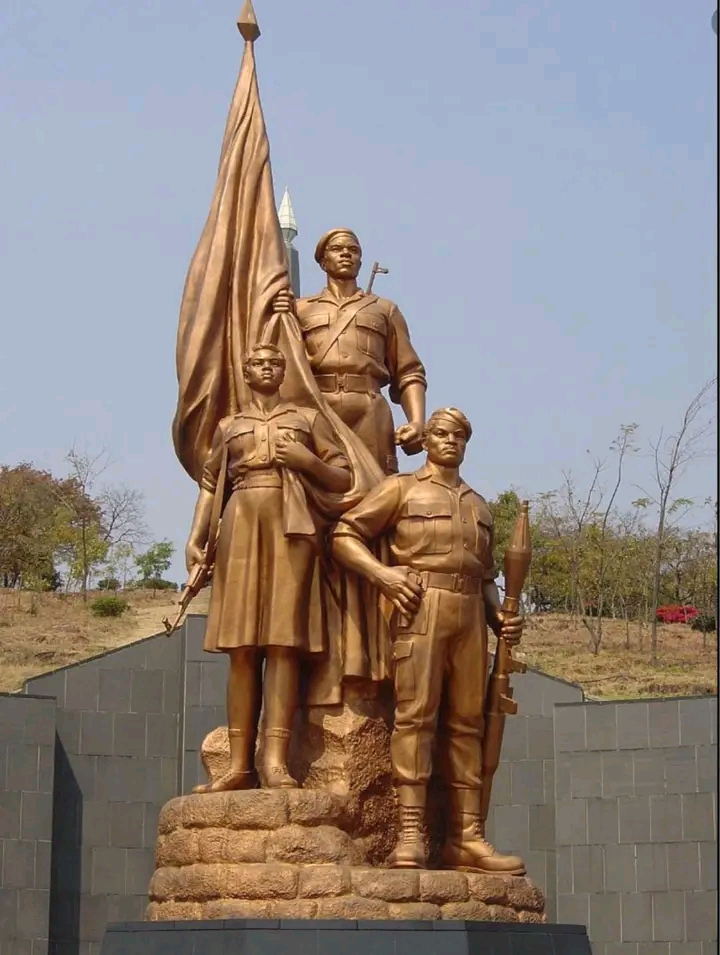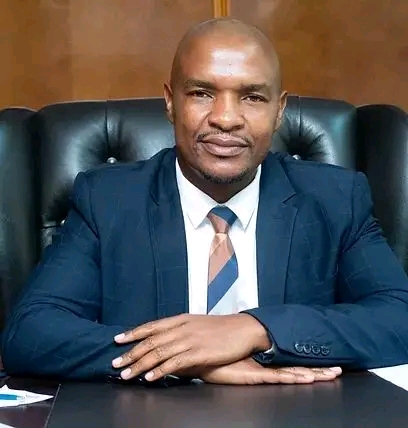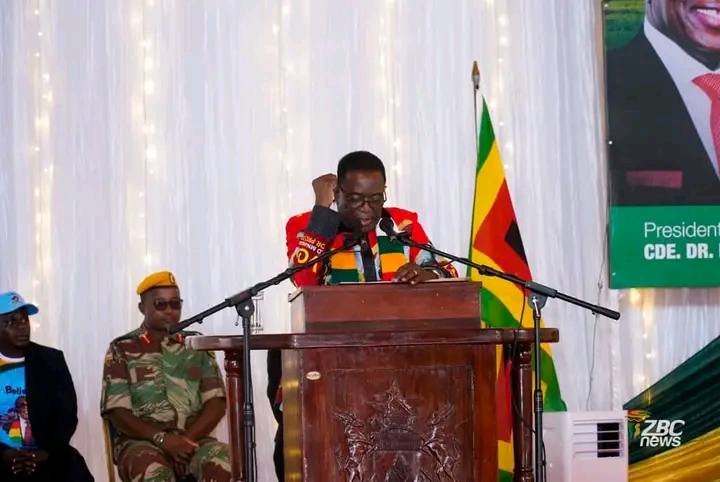Tomb of the Unknown Soldier
By George Swarei
The President and First Secretary of the ruling Zimbabwe African National Unity- Patriotic Front (ZANU-PF) Cde Emmerson Dambudzo Mnangagwa has paid tribute to the departed heroes and heroines of Zimbabwe saying the freedom fighters deserve a prime place in Zimbabwe’s affairs.
Cde Mnangagwa dedicated special time on his key note address to the ZANU-PF 7th National People’s Conference in Harare to talk about the gallant works of the fallen heroes and the link between the armed struggle and current reforms being pursued by the government.
Zimbabwe regained independence in 1980 after a protracted armed struggle against British colonial rule and those who participated in this struggle hold a place of honour in Zimbabwe.
President Mnangagwa led the Congress in observing a minute of silence in honour of the departed heroes and heroines of Zimbabwe.
He said the sacrifices of those who lost their lives and limbs for the freedom and independence of Zimbabwe, emboldens the nation to strive for prosperity – which is one of our key national aspirations.
“Sadly, during the intervening period, we have lost many comrades, colleagues, heroes and heroines who consistently and persistently served our country both before and after our independence,” he said.
President Mnangagwa said worthy to honour was also the role played by other departed African leaders and fighters who unflinchingly supported Zimbabwe’s fight for freedom.
“Their respective contributions to our revolutionary party, nation and the Pan-African ideals will forever be etched in our memories.”
Zimbabwe’s struggle for independence saw neighbouring countries who formed the Frontline States as well as other friendly forces coming on board to help Zimbabwe with resources to fight the colonial regime.
The president added that the lives of the fallen heroes were not lost in vain and as such Zimbabwe would do everything to defend its independence.
“We have our independence and together we remain determined to defend it”.
He also reiterated the ruling party’s resolve to ensure full utilization and productive use of national resources.
“We have our land and together we are making it productive. We have the minerals beneath our land, we are ensuring that these benefit the people of our great country.”
“We have a mission to accomplish, there are lives to improve, communities to develop and a nation to build. This is the focus of ZANU PF now and into the future,” he said.
Since his inception as president in November 2017, president Mnangagwa has initiated a host of economic, political and social reforms that are meant to achieve national development objectives.
Under Vision 2030, Zimbabwe is expected to be a middle income economy by the year 2030.
The National Development Strategy 1, a five year development plan, has already scored some milestones, and there is hope that the vision will be achieved by 2030.
These developments are in line with the ideals of the armed struggle which sought to achieve political, social and economic independence of the black majority.
The Second Chimurenga that engulfed Rhodesia in the wake of the socio-political and economic developments during the Unilateral Decleration of Indepencence period was a complex one.
It marked how the crisis in Rhodesia escalated as opposition to white rule became increasingly militant. It was a war bedeviled by many ‘struggles within the struggle’.
The final phase of the war was littered with many atrocities and in 1979, calls for ceasefire and peace modalities resulted in the Lancaster House Conference in 1979 which came up with a Constitution that was to guide the establishment of the new state as well as national elections to install black majority rule.
Upon the successful elections in February 1980, Zimbabwe was declared independent on 18 April 1980.


